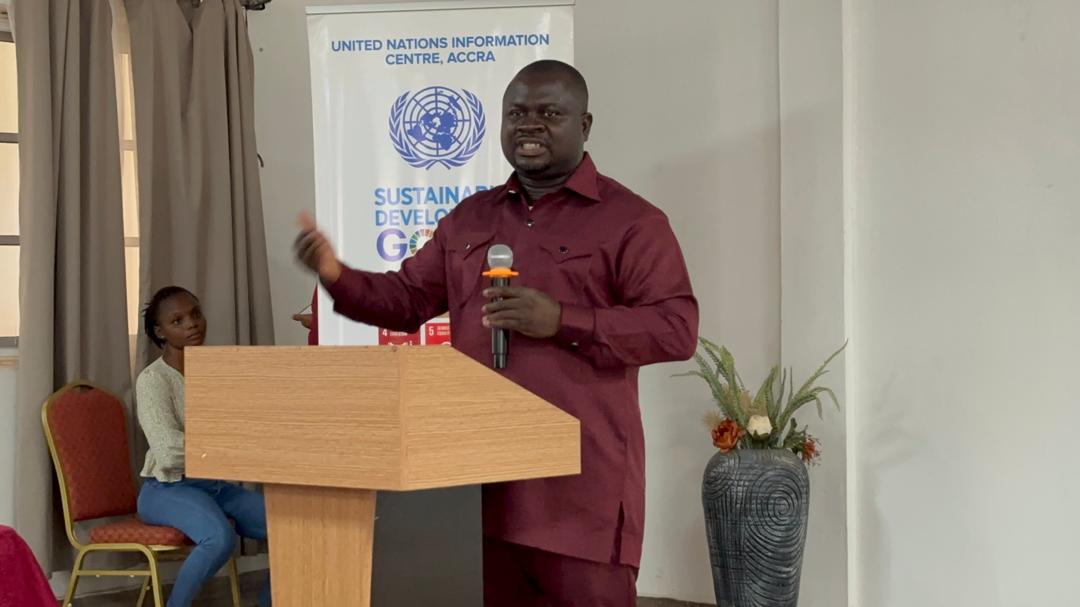President of the Ghana Journalist Association (GJA), Albert Kwabena Dwumfour has urged the African Peace and Security Association (APSA) to implement capacity-building workshops for journalists on security and conflict resolution.
This program seeks to present a local perspective while also addressing details that are frequently absent from Western media coverage.
Mr. Kwabena Dwumfour emphasized that Western media portrays African conflicts in a negative and oversimplified manner due to factors such as a lack of understanding of the conflict situation, stereotypes, biases, and agenda-setting, all of which contribute to a distorted image of the continent.
He underlined the importance of giving African journalists security and conflict resolution training in order to gain a greater understanding of the local context, culture, and history. He asserted that this will enable them to deliver more compassionate and accurate reporting.
“It is imperative that APSA teach journalists and build their expertise in the fields of security, diplomacy, international relations, and conflict resolution. In order to report truthfully, journalists are supposed to possess a thorough grasp,” the speaker said.
Mr. Kwabena Dwumfour went on to emphasize that skilled African journalists could be crucial in changing the way the world views Africa, shifting the emphasis from conflict and poverty to a more accurate and nuanced portrayal of the continent’s accomplishments and complexities.
Additionally, he made the point that competent African journalists may support the advancement of security and peace by providing truthful and ethical reporting, which would aid in the avoidance of hostilities and promote understanding.
Under the topic, “Media’s Role in Promoting APSA as a Framework for Peacebuilding,” the GJA President made these remarks during the African Union Economic, Social, and Cultural Council’s
(20th) anniversary celebration.
William Carew, the ECOSOCC’s Head of Secretariat, emphasized the critical role that journalists play in promoting peace, security, and conflict resolution in Africa.
He pointed out that physical attacks, fatalities, and other injuries are commonplace for journalists covering conflicts, which discourages others from covering conflicts out of fear for their safety.
William Carew emphasized the need of advancing peace journalism as a way to start a conversation about how to morally handle conflict situations.
In order to approach conflicts in an ethical manner, he emphasized the significance of encouraging peace journalism and the impact that local events have on journalists.
BY: APPIANIMAA MERCY





